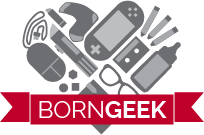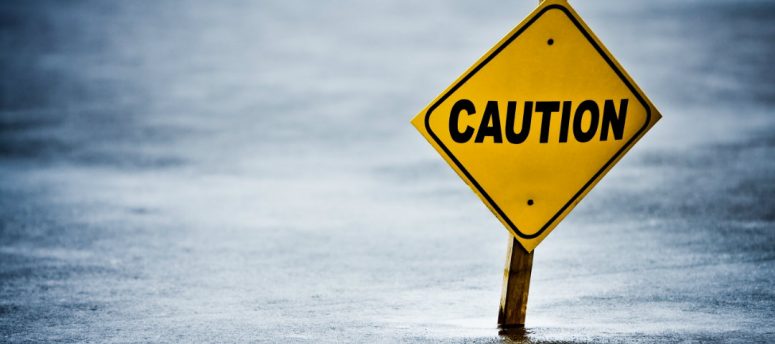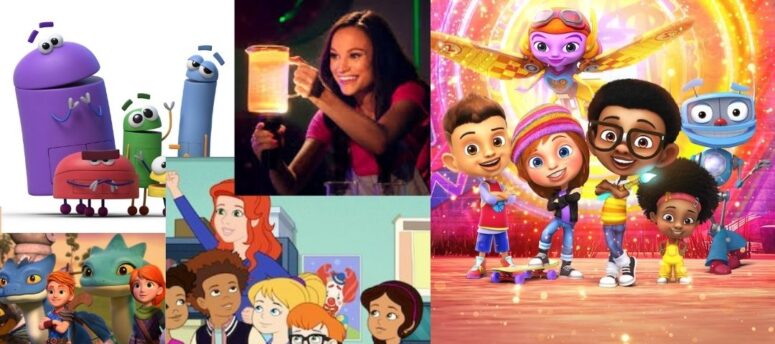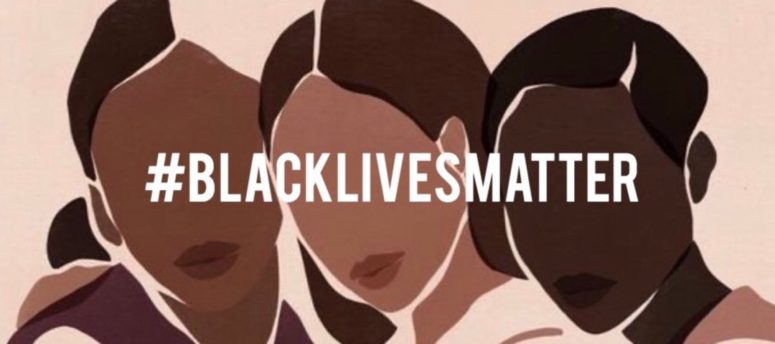I have never broken a bone (knock on wood and all that). I haven’t even sprained an ankle or dislocated a shoulder. The closest I’ve come is jammed fingers from playing basketball in high school, which led me to quit the basketball team so that it wouldn’t get in the way of my piano playing. During a farm trip, I jumped off the hay loft, but only the lowest rung. As I got older, I enjoyed some thrill seeking behavior, but I was always very aware of risks and really rather careful. And it’s something I’m very aware of while raising Harley to be a confident, brave little girl.
Let’s be clear, though – I was very brave and confident when it came to intellectual or emotional pursuits. I had no issue raising my hand in class, even if I wasn’t 100% sure of my answer. I’d audition for lead roles in plays, jump at opportunities to do public speaking, and dive heart first into relationships. I wasn’t overly careful in those regards, but when it came to physical feats, I wasn’t even willing to hang upside down from the jungle bars on the playground. Part of that is because I was very aware of the risk of getting hurt, or embarrassing myself, and I wanted to stay safe instead. Now, as a parent, I’m trying to figure out the line between healthy risk taking and safety.
There are obviously some things that Harley isn’t allowed to play near – electrical plugs, sharp objects, heavy things that could fall on her. But as she becomes more mobile, curious and adventurous, I’m trying to give her as much freedom to explore as possible. I want her to be brave, to see how the world works. But I also need to keep her safe. So, when I try to get her to stop playing with something that I think could be risky, I try to avoid the phrase “be careful”. I don’t want her to be so careful that she becomes timid. Instead, I’ll say things like – “I can’t let you play with that because I’m worried you will hurt yourself”. Yes, it takes much longer to say, but I’m trying to show her that it’s my anxiety and not necessarily her’s.
That said, I also don’t want Harley to be reckless. I don’t want her to take unnecessary risks or put herself in danger, but I also want her to be brave across physical and intellectual pursuits. And I know it really depends on the kid. You can’t make a child into an athletic phenom, or a genius. You can do things to help them develop, to help them grow, but so much of their personality and interests seem to be innate. Perhaps Harley will be the type of kid to climb trees, to play in the mud and then go read a book and raise her hand to answer every question in math class. I’d like to hope that she can do and be everything, especially as she’s growing up.
It’s funny how I keep finding these phrases as I’m raising her. “Be careful” seems to come out of my mouth before I know it, and I have to consider my words, um, carefully instead. It’s not that I think that telling a 15-month old to be careful will mean that she won’t be a risk taker as an adult, but I am more aware of the impact of my words and parenting. If I’m too afraid, too worried about her getting hurt to allow her to engage in some degree of dangerous and exciting play, she’s going to miss out on important development and experience. So, I will continue to let her play on the swing, to crawl around the house, to explore and discover. I keep a close eye on her and try to keep her as safe as possible while also encouraging her to be brave.
Thankfully, she also has a daddy. Dean is much more willing to play games that are a bit more dangerous, a bit more exciting with her. This seems to be fairly universal with fathers, and it’s why I’m glad Harley has him. He can help her to grow up to be brave in different ways than I can.
DID YOU LIKE THIS POST?
If you like these words, please check out more of what I say on twitter and Facebook, and pics I take on Instagram and subscribe to my YouTube channel and follow me on Pinterest.
Also, please be sure to sign up to my carefully curated, crafted and infrequent newsletter.




